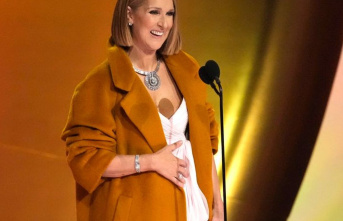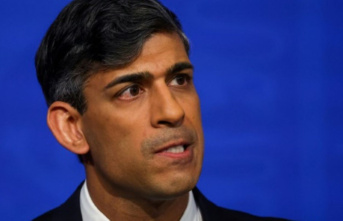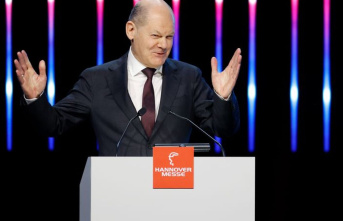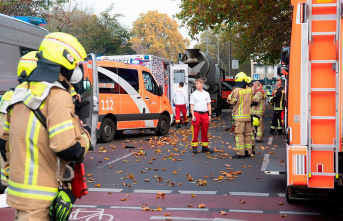The term cold progression describes the effect that someone slips into a higher tax bracket through a wage increase that at most compensates for inflation. In order to avoid this, the tax rate will be changed so that higher tax rates only apply to higher taxable income. In addition, the tax-free basic allowance will increase from currently 10,347 euros to 10,908 euros in the coming year and 11,604 euros in 2024. The so-called wealthy tax for particularly high incomes remains unchanged.
Child benefit is set to rise to a uniform €250 at the beginning of next year, which means a significant increase for the first to third child. The coalition had additionally agreed on this measure at short notice. The child allowance, from which those on higher incomes benefit, as well as the tax-deductible maximum maintenance amount, for example for studying children, will also be increased. A total of 48 million citizens should benefit, the relief volume was given as a total of 33 billion euros.
Federal Finance Minister Christian Lindner (FDP) told the "Welt" that the higher child benefit was "an enormous relief for families, which will really be visible and noticeable." The inflation adjustment ensures "that the working middle in Germany does not pay higher taxes". The minister rejected concerns about the financing.
The SPD finance expert Michael Schrodi also spoke of "huge relief" for taxpayers. The increase in child benefit that has now been launched is the largest in the history of the Federal Republic. The Greens budget politician Sascha Müller also rated this as an "important step towards basic child security", which the traffic light parties agreed to introduce in the coalition agreement.
In addition to the coalition factions, the CDU/CSU also voted for the draft law. The inflation compensation is "the right and appropriate measure," said their financial expert Mathias Middelberg. It was "only cheap and fair" to give the citizens back the money "which they had to pay to the state through creeping tax increases". Middelberg referred to the already high burdens on people due to the cold progression.
The Union failed with a motion for a resolution in which it called for further relief for commuters, among other things. Middelberg also criticized that the effect of the cold progression for the current year was not compensated.
The AfD parliamentary group, which abstained from voting, also demanded additional measures. In the debate, she pushed in particular for the future automatic adjustment of the tax rate to inflation. The AfD financial expert Kay Gottschalk also called for inflation adjustments to other allowances and lump sums.
The left faction rejected the plan. Your financial expert Christian Görke criticized the fact that high earners benefited more from the relief than people with low incomes. Instead, Görke called for an increase in the top tax rate or an energy soli for the rich, as suggested by the Council of Economic Experts for the assessment of overall economic development.
The Federal Council still has to deal with the law.












